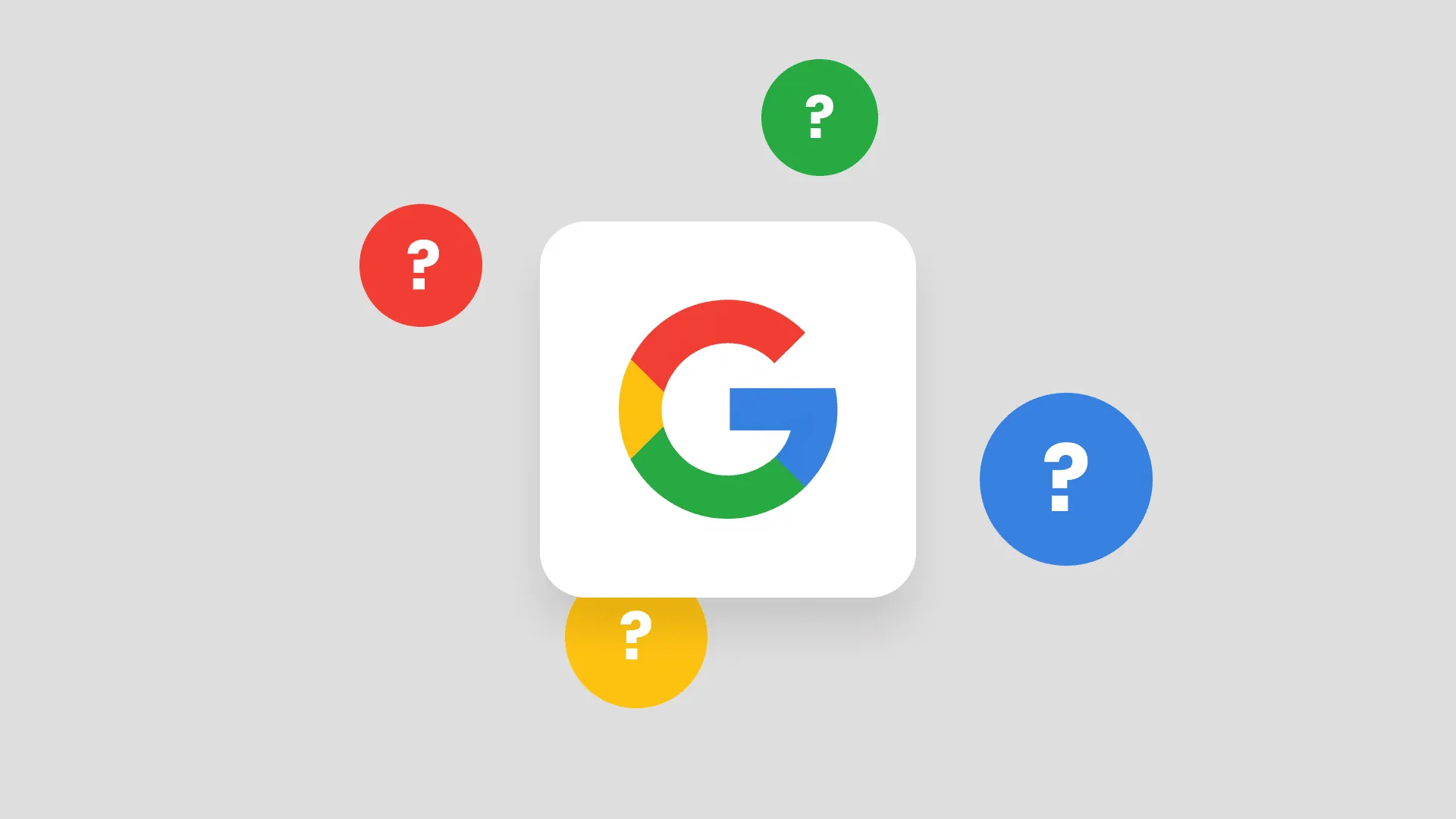Failing Google’s Final Round — What I Learned
· 5 min read

Like many of us, I used to only share the good stuff — job offers, achievements, career milestones. But over time, I realized failures are just as important. They teach us, humble us, and help others feel less alone in their journey.